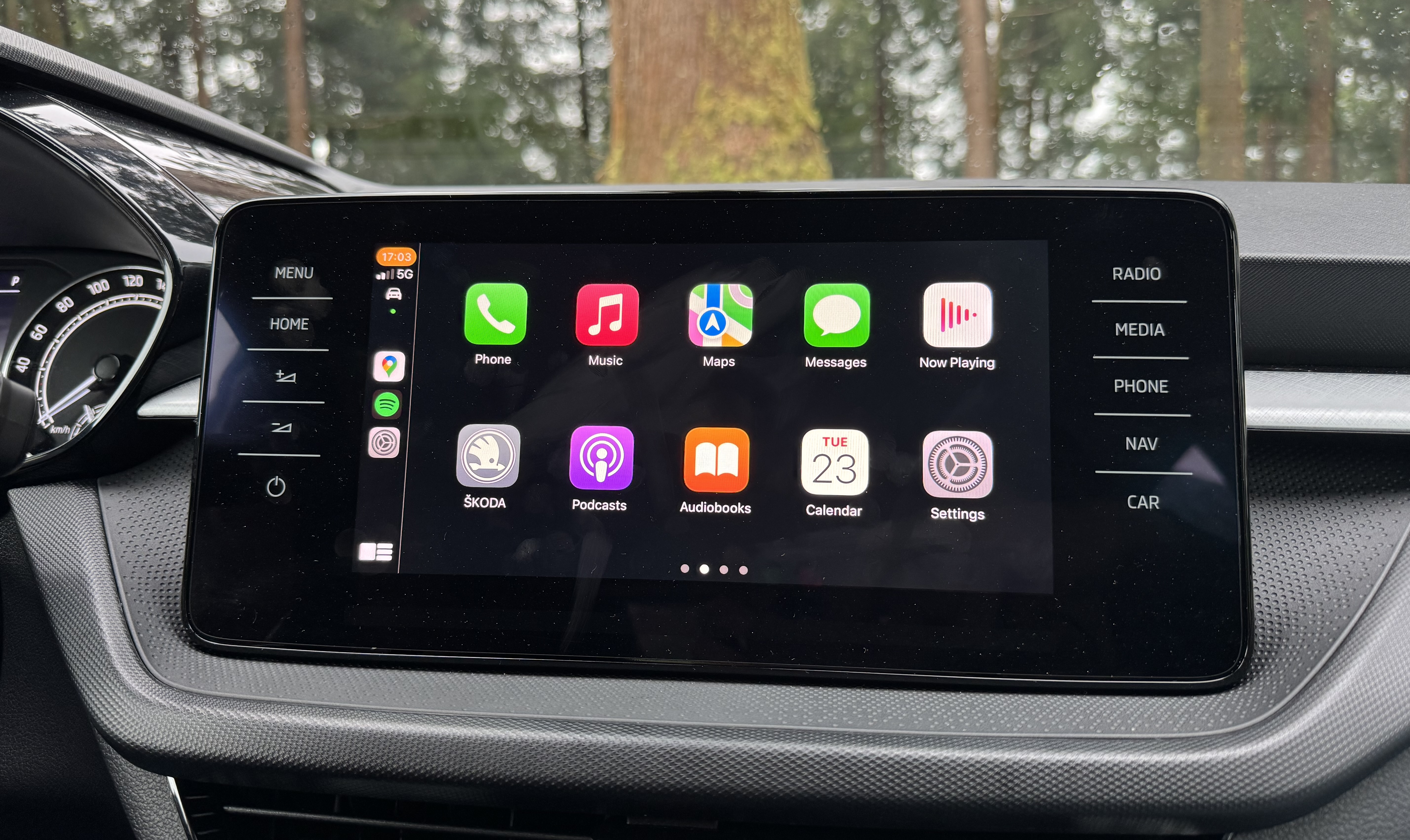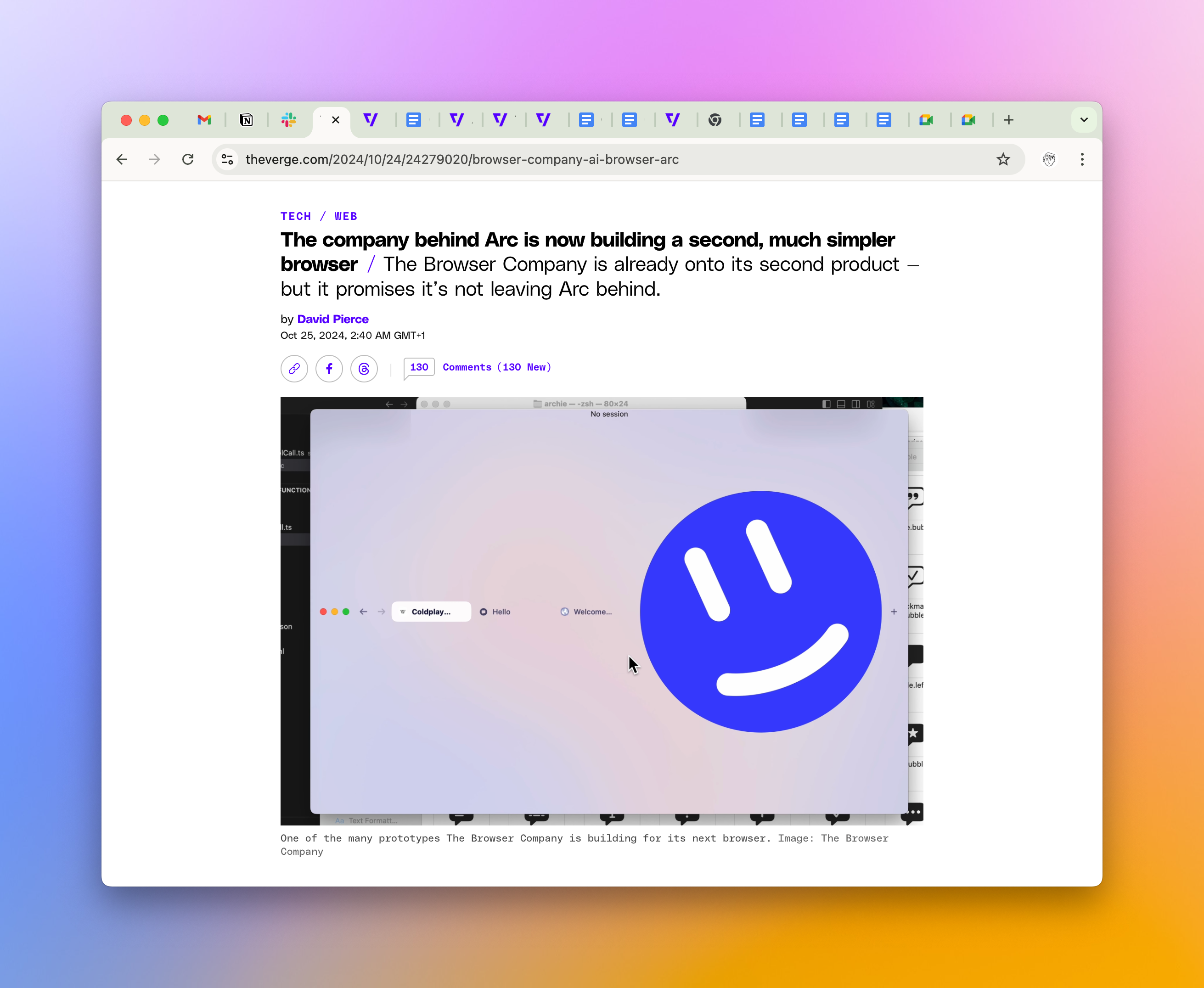How to Work Remotely and Stay Sane
I’ve been working remotely for nine years now. I wouldn’t say it’s everyone’s future. There are pros and cons. For me personally, the advantages far outweigh the problems. If you ended up in a remote work arrangement, you might find these tips helpful.

I’ve been working remotely for nine years now. I wouldn’t say it’s everyone’s future. There are pros and cons. For me personally, the advantages far outweigh the problems. If you ended up in a remote work arrangement, you might find these tips helpful.
Choose the Right Company
Some people dislike remote work altogether. Others have never tried it properly. First of all, you need to be in the right environment. In a team that actually understands how to work remotely and what this entails: shift to async operations, focus on written communication, etc. The worst scenario is when a company just moves everything they did at an office online, and everyone is stuck in endless Zoom meetings. This is what many experienced in 2020 when businesses had to shift towards remote work rapidly. This isn’t how it’s supposed to look like.
Build a routine
When you work at an office, your life has boundaries. You must get dressed, leave at a certain time, commute, etc. Remote work might have fewer of these boundaries. Use the time freed from commuting wisely. We create habits by building a routine and sticking with it for some time until it becomes ingrained. Every morning I go to shower, train, drink coffee, walk my dog, and cook breakfast. And then, I open email, Slack, Notion, and other tools to catch up on what’s been going on and start working. Someone who works in their pajamas at 2 pm without leaving the bed is either playing a joke or in a pretty bad condition.
Meet friends proactively
People are social creatures. Even introverts tend to feel better when they’re meeting other people on a regular basis. Use some of the time you freed from the commute, especially in the evening, to set up meetings with your friends. Have dinner, go to a bar, or maybe just drink coffee in the morning. It will be good for you.
Have a workplace but be flexible
Everyone keeps telling remote workers to build an office. Something with a standing desk, a giant monitor, and a mechanical keyboard to look great as an Instagram photo. I usually have a dedicated workplace, but I tend to move around my home throughout the day. I work at a bar counter in the kitchen, on the couch, in a comfortable chair – basically everywhere. Moving and changing the environment actually helps me stay focused. I guess this is the reason I’m not buying a giant monitor, as I want to keep the same experience everywhere. A dedicated workplace could be used to signal to people you live with that you’re working right now and shouldn’t be disturbed unless it’s urgent. This is actually quite helpful.
Coworking not cafe
If you are working at a remote company but still want to have an office-like experience or simply to separate your work self, go to a coworking space. Maybe your company even has some allowance for this. Don’t work at a coffee shop. Now, it’s OK to take a coffee and work while you drink it, but don’t imagine this is a good work environment. It’s probably loud, the tables are a bit too low, the chairs aren’t great, and if you suddenly need to take a call, you either going to abuse people around you or leave your things and go outside (where it also might be loud). This principle is even bigger. Don’t work in weird environments, like being half-immersed in a pool or sitting on a bench under direct sunlight in a park. This isn’t going to be comfortable or productive. Also, while it’s OK to switch cities, it’s certainly not ideal to mix work and travel as they will inevitably clash with each other. Take a vacation.
***
This is how I choose to work remotely. You might have different needs and habits. I just hope it’d be useful for people who are still struggling with it. Some might read this with horror on their face, not understanding why anyone would go to all these lengths just to avoid the office. To me, the advantages are clear. I was able to work at fantastic companies and live exactly where I wanted at any time without compromises. And visit other places without breaking a single habit or process.




